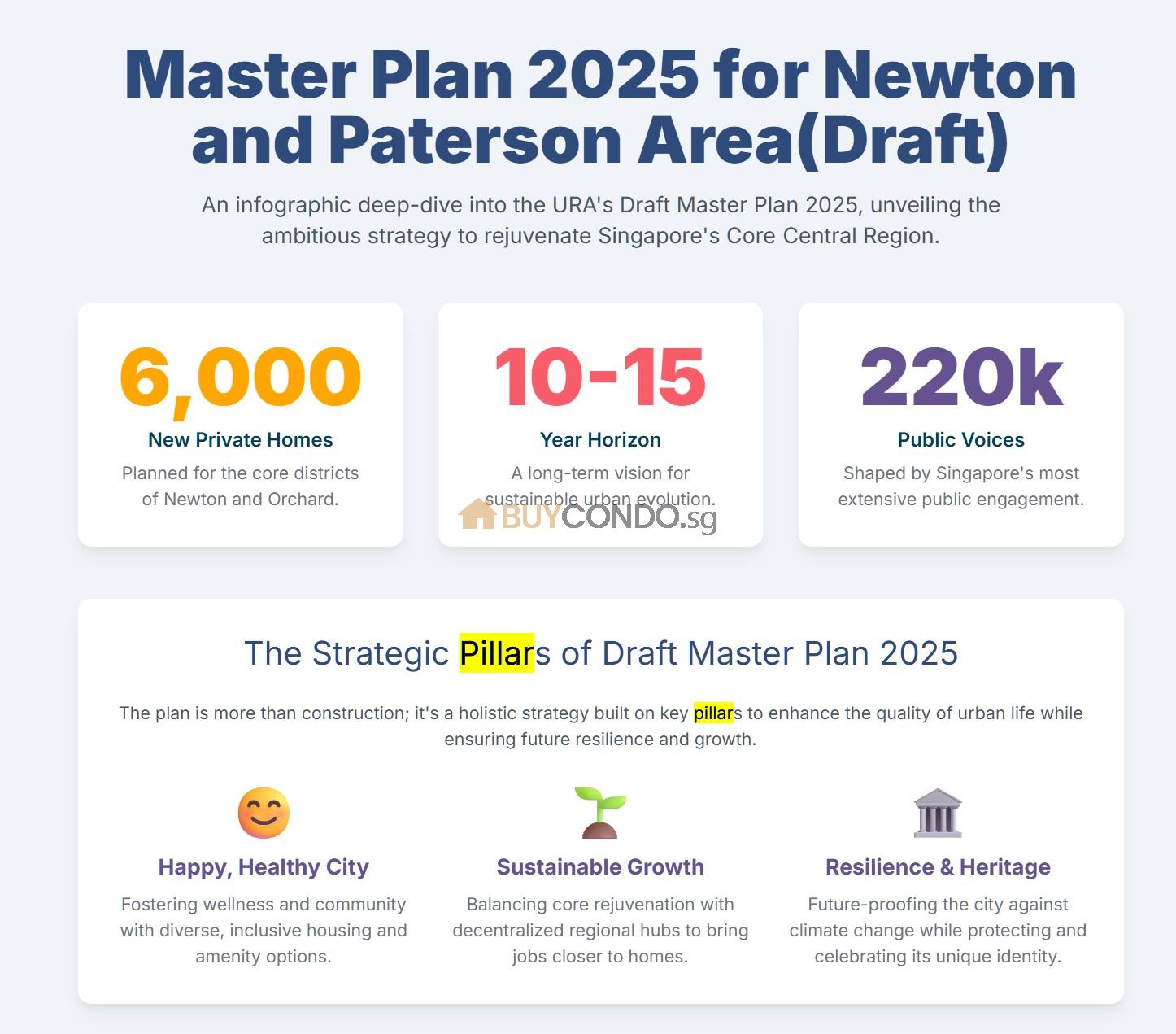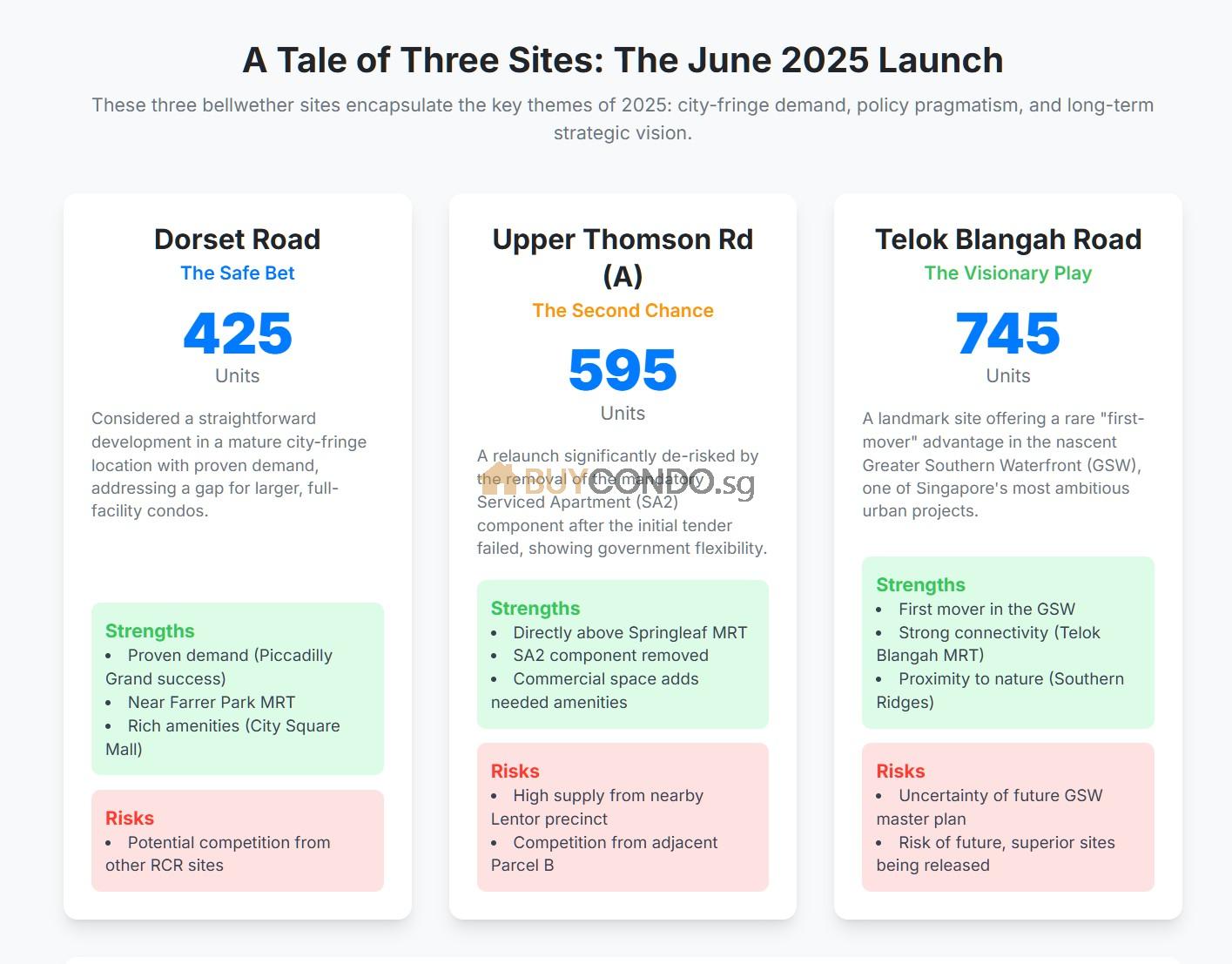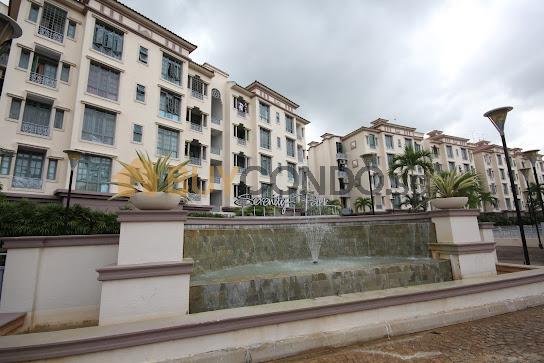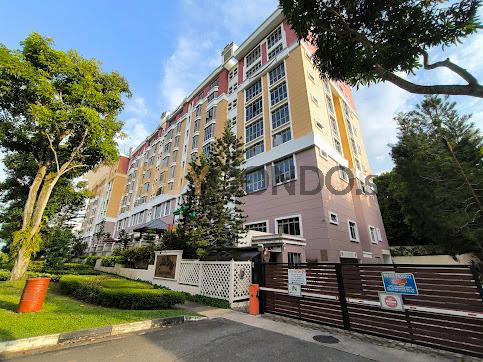Top 10 essential skills for property managers
The article discusses the top 10 essential skills for property managers, including communication, organization, marketing, tech-savviness, customer service, knowledge of landlord-tenant laws, financial management, vendor management, negotiation, adaptability, time management, networking, attention to detail, conflict resolution, and teamwork.
Overview of Property Managers’ Essential Skills
Property managers play a crucial role in the real estate sector, serving as the linchpin between property owners and tenants. Excelling in this multifaceted role demands a comprehensive skill set that goes beyond basic property oversight. Property managers must demonstrate proficiency in communication, organization, and customer service to navigate the dynamic landscape of property management successfully.
Effective communication skills are paramount for property managers to convey information clearly and build strong relationships with both tenants and property owners. For instance, when addressing tenant concerns, active listening enables property managers to understand the root of the issue and provide appropriate solutions promptly. Additionally, clear written communication skills are essential for drafting leases, notices, and other property-related documents accurately and professionally, showcasing attention to detail and legal compliance. Multilingual communication skills can further enhance a property manager’s ability to cater to a diverse tenant population, fostering inclusivity and understanding in different rental environments.
In the competitive real estate market, property managers must possess a diverse skill set to effectively manage properties and ensure tenant satisfaction. From communication and organization skills to marketing and tech-savviness, each skill plays a crucial role in the success of property managers. By mastering these essential skills, property managers can streamline operations, enhance tenant experiences, and drive profitability for property owners.
 Communication
Communication
When it comes to communication skills, property managers need to master both verbal and written communication to excel in their roles. Beyond just conveying information, effective communication involves actively listening to tenant concerns, addressing them promptly, and ensuring clear and concise interactions with all parties involved in property management. For instance, proficient written communication skills are essential for drafting leases, notices, and other property-related documents accurately and professionally, showcasing attention to detail and legal compliance.
Moreover, multilingual communication skills can be advantageous for property managers working in diverse rental environments, enabling them to connect with a broader range of tenants and address language barriers effectively. Being able to communicate in multiple languages can enhance tenant relations, resolve issues efficiently, and create a more inclusive and welcoming environment within rental properties. Additionally, using technology to facilitate communication, such as property management software with built-in messaging features, can streamline interactions with tenants and ensure timely responses to inquiries or concerns, ultimately enhancing the overall tenant experience.
Property managers must also possess strong negotiation skills to navigate lease agreements, rent adjustments, and conflicts effectively. By understanding market trends and rental demand, property managers can negotiate favorable terms that benefit both landlords and tenants. For example, conducting market research to justify rental rate increases or property upgrades can lead to successful negotiation outcomes and long-term tenant satisfaction.
Organization
Organization is a fundamental skill that property managers must possess to effectively juggle various responsibilities. One practical way property managers can enhance their organizational abilities is by leveraging digital tools and software. These tools can assist in managing essential tasks like maintenance schedules, rent collection, and property inspections, thereby optimizing operational processes and increasing productivity.
Moreover, creating standardized processes for property management tasks is crucial for ensuring consistency and efficiency in daily operations. For example, having a well-defined procedure for handling tenant requests or conducting property inspections can help property managers avoid errors, reduce response times, and provide a seamless experience for both tenants and property owners. Additionally, implementing a robust filing system for property documents is essential to ensure quick access to important information when needed. This organized approach can save time, prevent confusion, and facilitate better decision-making in various property management scenarios.
In the realm of property management, attention to detail is a critical skill that ensures properties are well-maintained and tenants are satisfied. By conducting thorough property inspections, property managers can identify maintenance issues early, address safety concerns, and uphold property standards. For example, detecting a minor plumbing leak during an inspection and promptly arranging repairs showcases a property manager’s attention to detail and commitment to maintaining property integrity.
 Marketing
Marketing
Marketing plays a vital role in the success of property managers by helping them attract quality tenants and fill vacancies efficiently. In addition to digital marketing strategies like social media advertising and search engine optimization, property managers should also focus on traditional marketing techniques to reach a diverse audience. For example, hosting open houses or property viewings can provide potential tenants with a firsthand experience of the property, increasing the likelihood of successful rentals.
Moreover, understanding the target market is essential for effective marketing in property management. Property managers who tailor their marketing strategies based on the preferences and needs of their target audience are more likely to attract tenants quickly and achieve higher occupancy rates. By analyzing market trends and demographics, property managers can develop personalized property listings and promotions that resonate with potential tenants, setting their properties apart from competitors.
In the digital age, property managers with tech-savvy skills have a competitive edge in attracting modern tenants and optimizing property operations. Familiarity with property management software like AppFolio and Buildium streamlines rent collection, maintenance requests, and tenant communication, leading to improved efficiency and tenant satisfaction. Additionally, knowledge of smart home technology can enhance property appeal and efficiency, appealing to tech-savvy tenants and aligning with sustainable property management practices.
Tech-Savviness
In today’s fast-paced digital landscape, property managers are expected to be proficient in utilizing a variety of technological tools to streamline their operations and enhance tenant experiences. Being tech-savvy goes beyond basic computer skills and includes a deep understanding of property management software such as AppFolio and Buildium. These platforms enable property managers to automate tasks like rent collection, handle maintenance requests promptly, and communicate effectively with tenants, ultimately leading to improved operational efficiency and tenant satisfaction. For example, property managers can use these software solutions to generate financial reports, track lease agreements, and organize maintenance schedules, allowing for better decision-making and resource allocation.
Moreover, with the increasing prevalence of smart home technologies in rental properties, property managers with tech-savvy skills have a competitive advantage in attracting modern tenants. Knowledge of smart devices like thermostats, security cameras, and automated lighting systems can not only enhance the property’s appeal but also contribute to energy efficiency and cost savings. By embracing these technological advancements, property managers can cater to the preferences of tech-savvy tenants, differentiate their properties in the market, and stay ahead of industry trends. Additionally, being well-versed in cybersecurity measures is essential for property managers to protect sensitive data from potential breaches and cyberattacks. Implementing robust security protocols and regularly updating software systems can safeguard tenant information, financial records, and property details, instilling trust and confidence among tenants and property owners.
 Customer Service
Customer Service
Customer service is a cornerstone skill for property managers, as it directly impacts tenant satisfaction and retention rates. Beyond emergency maintenance support, property managers can elevate their customer service by implementing personalized services tailored to tenant needs and preferences. For instance, offering welcome packages to new tenants or organizing community events can create a sense of belonging and enhance the overall tenant experience.
Moreover, regular feedback mechanisms such as tenant surveys can be invaluable for property managers to gather insights, identify areas for improvement, and address concerns promptly. By actively seeking and acting upon tenant feedback, property managers can demonstrate a commitment to continuous improvement and tenant-centric service delivery. This proactive approach not only strengthens tenant relationships but also contributes to long-term tenant retention and positive word-of-mouth referrals within the community.
In the real estate industry, networking is a vital skill that can open doors to new opportunities and collaborations. By joining professional organizations such as the National Association of Residential Property Managers (NARPM) or the Institute of Real Estate Management (IREM), property managers can expand their network, access industry resources, and stay informed about market trends. For example, attending industry conferences or networking events can provide property managers with valuable insights, best practices, and potential partnerships that can enhance their professional growth and business opportunities.
Knowledge of Landlord-Tenant Laws
Having a comprehensive grasp of landlord-tenant laws is crucial for property managers to navigate the legal aspects of property management successfully. By regularly attending legal seminars and workshops, property managers can stay informed about changing regulations and compliance requirements. Building relationships with real estate attorneys is another effective way for property managers to access legal guidance and support when handling complex tenant issues. For example, consulting with an attorney on lease agreements or eviction processes can ensure legal compliance and protect the interests of both landlords and tenants.
Moreover, maintaining accurate and organized records of lease agreements and tenant communication is essential for legal documentation and dispute resolution. By documenting all interactions with tenants, property managers can provide evidence in case of disputes or legal proceedings, ensuring transparency and accountability in property management practices. This meticulous approach not only demonstrates professionalism and attention to detail but also minimizes legal risks and safeguards the interests of property owners and tenants.
Financial Management
Financial management is a critical aspect of property management that involves various practices to maximize property profitability and operational efficiency. In addition to conducting regular financial audits and budget reviews, property managers can also explore innovative strategies to enhance their financial management skills. For example, implementing a cash flow analysis to track income and expenses can provide valuable insights into the financial health of a property, enabling managers to make informed decisions about budget allocation and investment opportunities.
Moreover, negotiating bulk discounts with maintenance vendors is another effective way for property managers to control costs and improve the overall financial performance of a property. By leveraging their relationships with vendors and seeking competitive pricing for services and supplies, managers can lower operational expenses and increase the property’s return on investment. This not only demonstrates financial acumen but also showcases the ability to optimize resources and drive profitability in a competitive real estate market.
Furthermore, investing in professional accounting services can offer property managers access to specialized expertise in financial reporting, tax compliance, and strategic financial planning. By outsourcing complex accounting tasks to professionals, managers can ensure accuracy in financial records, compliance with regulatory requirements, and effective financial decision-making. This proactive approach not only enhances the credibility of financial reports but also instills confidence in property owners and stakeholders regarding the financial management practices implemented by the property manager.
Vendor Management
Effective vendor management is crucial for property managers to ensure the smooth running of property maintenance and operations. By developing performance metrics for vendors, property managers can assess the quality of services provided, identify areas for improvement, and make informed decisions on contract renewals. For example, tracking metrics such as response time to maintenance requests, customer satisfaction ratings, and adherence to service agreements can help property managers gauge vendor performance and address any issues proactively.
In addition to performance metrics, creating a preferred vendor list based on criteria such as reliability, cost-effectiveness, and the quality of service can streamline maintenance operations. For instance, having a list of trusted vendors for services like plumbing, electrical work, and landscaping can save time during emergencies and ensure that property managers can quickly address maintenance issues. By maintaining strong relationships with preferred vendors, property managers can negotiate competitive rates, prioritize urgent repairs, and maintain consistent service quality across properties.
Moreover, implementing a vendor feedback system allows tenants to provide input on their satisfaction with vendor services. By gathering feedback on the timeliness, professionalism, and quality of vendor work, property managers can make data-driven decisions on vendor selection and continuously improve the overall maintenance experience for tenants. This feedback loop not only enhances vendor accountability but also fosters a culture of transparency and continuous improvement in property management practices.
Negotiation
Negotiation skills play a crucial role in the success of property managers, enabling them to secure favorable lease terms, navigate rent adjustments, and resolve conflicts with tenants or vendors effectively. Property managers who stay informed about market trends and rental demand have a competitive advantage during negotiations, allowing them to justify rental rate increases or property upgrades with data-driven insights. For example, by analyzing rental prices in the local market and showcasing the value of a property compared to similar listings, property managers can negotiate better terms that benefit both the landlord and the tenant.
Furthermore, attending negotiation training workshops or courses can provide property managers with practical strategies and techniques to enhance their negotiation skills. These workshops often focus on conflict resolution, understanding different negotiation styles, and improving communication during the negotiation process. By honing their negotiation abilities through continuous learning and practice, property managers can build rapport with tenants, vendors, and other stakeholders, leading to successful lease agreements and sustainable relationships within the real estate industry.
 Adaptability
Adaptability
Adaptability is considered a crucial skill for property managers due to the dynamic nature of the real estate market. Property managers need to be flexible and open to new ideas to respond effectively to changing market conditions and emerging trends. For example, embracing green initiatives and sustainable practices not only appeals to environmentally conscious tenants but also demonstrates a proactive approach towards property management.
Moreover, adapting strategies based on tenant feedback is essential for improving tenant satisfaction and retention rates. For instance, if tenants express a preference for updated amenities or enhanced security measures, property managers can adjust their management approach to meet these expectations promptly. By staying adaptable and responsive to feedback, property managers can create a positive experience for tenants and maintain high occupancy rates.
Participating in industry conferences and networking events is another way property managers can enhance their adaptability. These events provide valuable insights into innovative practices and technologies shaping the real estate sector. By staying informed about industry trends and best practices, property managers can proactively adjust their strategies to remain competitive in the market and deliver exceptional property management services.
Time Management
Time management plays a critical role in the success of property managers as they juggle various responsibilities in their daily operations. Apart from utilizing property management software features like task scheduling and reminders, property managers can also benefit from adopting time-blocking techniques. By setting aside specific time blocks for different tasks, property managers can ensure that they allocate enough time to focus on essential duties such as property inspections, lease renewals, and tenant communication.
Moreover, delegating non-essential tasks to support staff or contractors is another effective time management strategy for property managers. By entrusting routine administrative or maintenance tasks to capable individuals, property managers can free up valuable time to concentrate on more strategic aspects of property management, such as business development or enhancing tenant experiences. For example, assigning rent collection to an automated system or a dedicated staff member can streamline the process, allowing property managers to dedicate their time to building relationships with tenants and property owners.
In a fast-paced industry like real estate, mastering time management skills is crucial for property managers to maintain a competitive edge and deliver exceptional service to their clients. By incorporating these time management strategies into their daily routine, property managers can optimize their workflow, improve efficiency, and ensure that no crucial task falls through the cracks.
Networking
Networking is an essential skill for property managers as it allows them to establish and nurture professional relationships within the real estate industry. By joining organizations such as the National Association of Residential Property Managers (NARPM) or the Institute of Real Estate Management (IREM), property managers can access networking opportunities, industry events, and educational resources. For example, attending NARPM conferences can provide property managers with insights into best practices, emerging trends, and regulatory updates, enhancing their knowledge and professional network.
Moreover, collaborating with local real estate agents or property developers can open doors to potential property investment opportunities or strategic partnerships. For instance, partnering with a real estate agent specializing in commercial properties can lead to referrals for property management services for office buildings or retail spaces. By fostering relationships with industry peers, property managers can tap into a pool of expertise, referrals, and support, which can be invaluable in navigating challenges and seizing growth opportunities in the competitive real estate market.
Furthermore, hosting property management workshops or seminars can position property managers as thought leaders in the industry, attracting potential clients, investors, and industry stakeholders. By sharing insights on property management best practices, market trends, and regulatory updates, property managers can showcase their expertise and credibility, ultimately building trust and expanding their professional network. Through effective networking, property managers can not only enhance their visibility and reputation but also gain access to new business opportunities and stay informed about industry developments.
Attention to Detail
Attention to detail is a fundamental skill for property managers as it plays a vital role in ensuring the smooth running of properties and the satisfaction of tenants. By conducting regular property inspections, property managers can identify maintenance issues promptly, address safety concerns, and maintain the overall condition of the property to meet safety standards and tenant expectations. For example, during a routine inspection, a property manager might notice a leak in the ceiling that could lead to water damage. By promptly addressing this issue, the manager demonstrates their attention to detail and commitment to maintaining the property’s integrity.
Moreover, implementing a thorough tenant screening process is another aspect where attention to detail is paramount. By meticulously reviewing prospective tenants’ rental history, credit reports, and references, property managers can select reliable and responsible tenants who are more likely to adhere to lease agreements, pay rent on time, and maintain the property in good condition. This careful screening process helps minimize property risks such as late payments, property damage, or lease violations, ultimately contributing to a harmonious landlord-tenant relationship and a well-maintained property. An example of this could be when a property manager verifies a potential tenant’s employment history and rental payment records to ensure they have a stable income and a good track record of timely rent payments, thus reducing the risk of future financial issues and payment delays.
Conflict Resolution
Conflict resolution skills are essential for property managers to handle various tenant issues and disputes efficiently. By establishing clear communication channels and conflict resolution policies with tenants, property managers can address issues promptly and prevent escalations that could harm tenant relationships. For example, in cases where there are noise complaints between tenants, a property manager can mediate the situation by facilitating a discussion to find a mutually acceptable solution, such as setting quiet hours or soundproofing the affected unit.
Moreover, seeking mediation or arbitration services when conflicts arise can provide impartial resolutions and prevent disputes from escalating further. Documenting all communication and actions taken during conflict resolution processes is crucial for property managers to have a clear record of the steps taken to address the conflict. This documentation not only serves as a reference for future interactions but also safeguards property managers against any potential legal repercussions by demonstrating their adherence to established conflict resolution protocols.
In essence, conflict resolution is not just about resolving disputes but also about maintaining a harmonious living environment for tenants and protecting the interests of property owners. Property managers who excel in conflict resolution contribute to tenant satisfaction, retention rates, and overall property well-being, showcasing their value in the realm of property management.
Teamwork
Collaboration and teamwork play a vital role in the success of property managers as they work closely with property management teams to achieve common objectives. By fostering a culture of cooperation and open communication, property managers can leverage the diverse skills and expertise of team members to enhance property operations and tenant satisfaction. For example, collaborating with maintenance teams can ensure that properties are well-maintained and meet the expectations of both tenants and property owners, ultimately contributing to higher tenant retention rates and positive landlord-tenant relationships.
Empowering on-site staff with the necessary training and resources is another crucial aspect of effective teamwork in property management. By providing continuous education and support to the on-site team, property managers can ensure that day-to-day operations run smoothly and efficiently. For instance, training maintenance staff on the latest safety protocols or property management software can improve service quality and response times, leading to higher tenant satisfaction levels. Additionally, acknowledging and appreciating the contributions of team members can boost morale, foster a sense of belonging, and create a positive work environment where employees feel valued and motivated to perform at their best.
In conclusion, mastering the top skills for property managers is essential for their success in the competitive real estate industry. By continuously honing their communication, organization, marketing, and tech-savviness skills, property managers can effectively handle various aspects of property management. For example, active listening skills can help property managers understand tenant concerns better, leading to improved satisfaction














